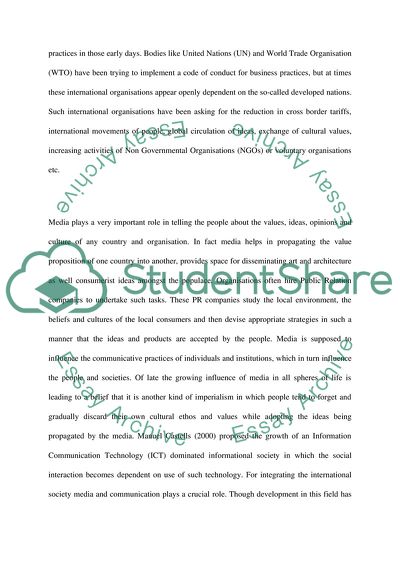Cite this document
(Globalization and its Impacts on Arts and Cultural Values Term Paper, n.d.)
Globalization and its Impacts on Arts and Cultural Values Term Paper. https://studentshare.org/culture/1711423-global-society-essay
Globalization and its Impacts on Arts and Cultural Values Term Paper. https://studentshare.org/culture/1711423-global-society-essay
(Globalization and Its Impacts on Arts and Cultural Values Term Paper)
Globalization and Its Impacts on Arts and Cultural Values Term Paper. https://studentshare.org/culture/1711423-global-society-essay.
Globalization and Its Impacts on Arts and Cultural Values Term Paper. https://studentshare.org/culture/1711423-global-society-essay.
“Globalization and Its Impacts on Arts and Cultural Values Term Paper”. https://studentshare.org/culture/1711423-global-society-essay.


